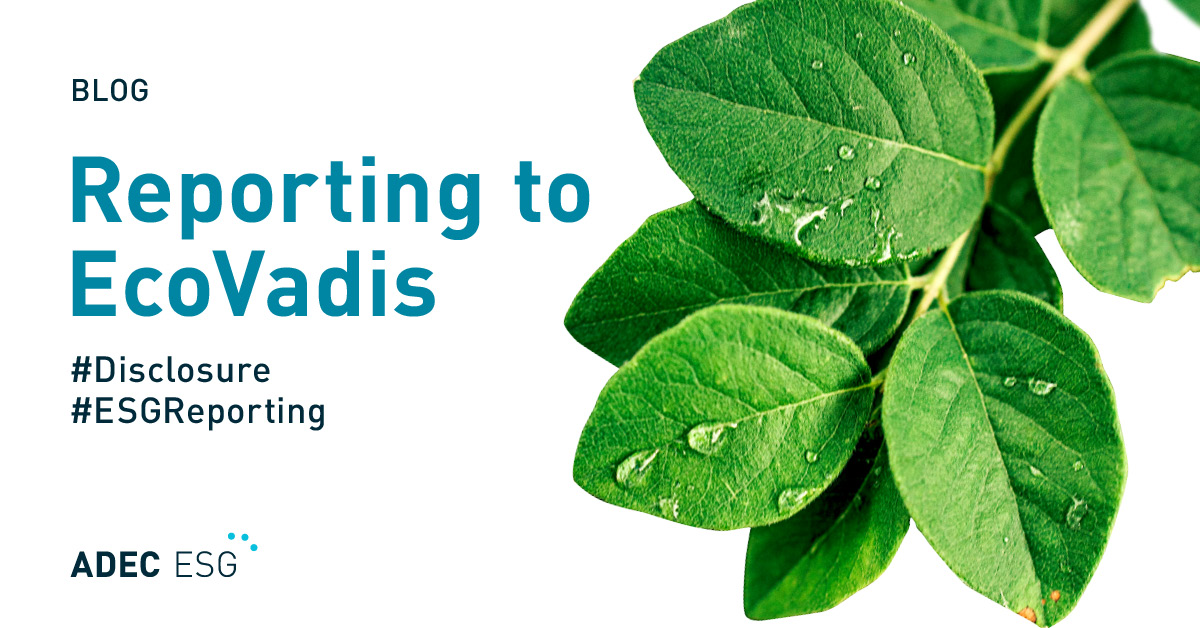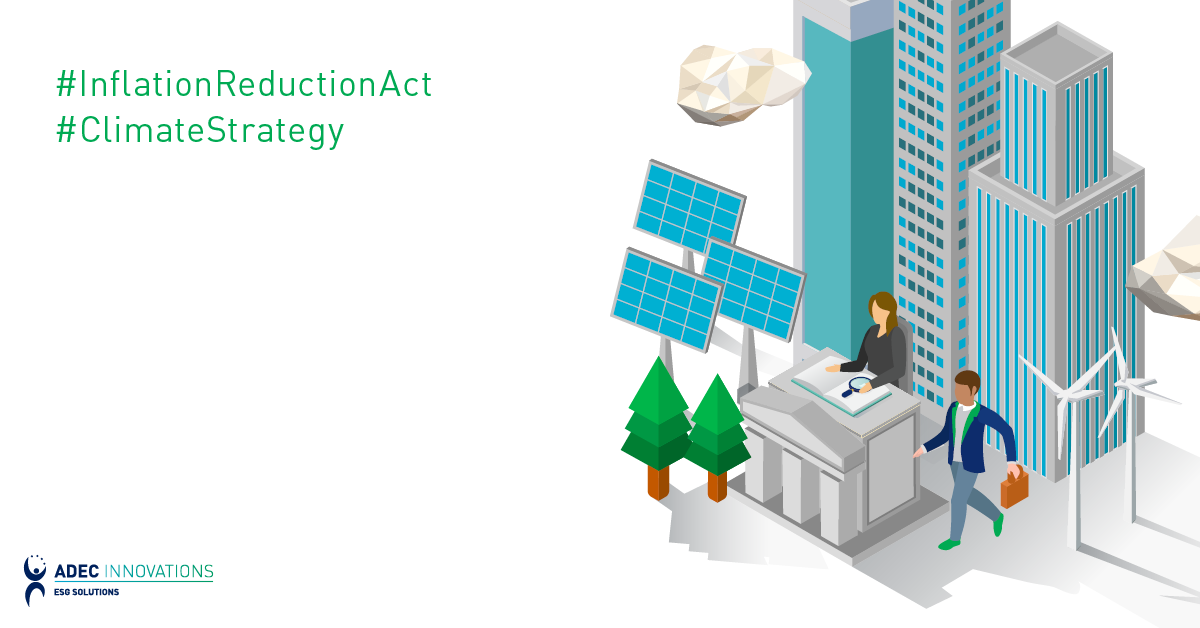Two international agreements with massive investor influence, the Paris Agreement and the UN Sustainable Development Goals (SDGs), have challenged businesses to address their supply chains in relation to deforestation and climate change. Sustainable development hinges on this critical issue.
The role of business
Forests provide carbon storage and emissions offsetting. If further destroyed, the world loses a natural counteragent to greenhouse gas emissions from businesses and their supply chains. The Paris Agreement states that companies are responsible for a large percentage of the greenhouse gas emissions and climate change. They should deliver the necessary reductions. It also concluded that its 2020 sustainable development goal of limiting climate change to 1.5 degrees will not be achievable without additional action from businesses. By eliminating deforestation from its supply chains, the business community will deliver emissions reductions equivalent to 0.5 to 1.2 billion metric tons, stepping ever closer to sustainable development and combating climate change.
Deforestation risks (and climate change risks) in company operations and supply chains will also affect the survival of businesses in the post-2020 global economy. CDP (a global disclosure system for companies, cities, states and regions to manage their environmental impacts and for investors or purchasers to access environmental information for use in financial decisions) recently published the Global Forests Report 2016. It revealed that, on average, 24% of company revenues are dependent on the four forest-risk commodities. The total global turnover dependent on these commodities is $906 billion. With international and consumer pressure for sustainable development, a significant portion of the global economy is at risk if supply chains don’t find more sustainable sources for these commodities.
The impact on businesses
According to CDP’s Global Forests Report:
- 81% of companies in agriculture have experienced impacts related to forest risk commodities – causing significant changes in operations, revenue and expenditure
- 45% of food and staples retailing companies report impacts related to deforestation
- 68% of producers, processors and traders believe that deforestation risks associated with the four commodities will impact their company supply chains in the next 6 years
- 65% of manufacturers and retailers believe that deforestation risks associated with the four commodities will impact their company supply chains in the next 6 years
Companies have reported impacts due to the presence of the four commodities in their supply chain:
- Manufacturer Kimberly-Clark reported a possible increase in operational costs and supply disruption of eucalyptus timber due to precipitation changes if the Amazon is further deforested.
- Indonesian pulp and paper giant APP is growing increasingly aware of potential climate-related increases in plant diseases or pests, something that will negatively affect operations.
- Both Archer Daniel Midlands and Wilmar International report impacts to brand value as consumers increase demands for sustainable, deforestation-free products that do not contribute to climate change.
- Retailer Delhaize Group reports damage to brand value caused by a Greenpeace campaign against deforestation.
- Golden-Agri Resources reports reduced fruit production as a result of haze from Indonesia’s forests fires.
Risk management and public policies
Producers, processors, traders, manufacturers and retailers dealing with these forest-risk commodities need to align their supply chains with sustainability (and climate action). As company supply chains are major contributors to deforestation and climate change, these supply chain commodities need be traced to sustainable sources. Risk management is fundamental to accomplishing this. Traceability systems, governance and the availability of certified materials are essential to risk management against deforestation in company supply chains. Policy makers play a crucial role in creating enabling environments to ensure a virtuous circle for sustainable development – one where governments encourage companies to act on deforestation and companies respond by taking action, which in turn enables governments to set more ambitious timeframes for reducing deforestation.
ADEC ESG helps organizations recognize business drivers for sustainability practices and offers cost-effective sustainability risk management solutions, providing guidance on industry best practices and sustainability programs. For more information on sustainability practices that promote climate change mitigation, please subscribe to our monthly newsletter, GreenWatch.




